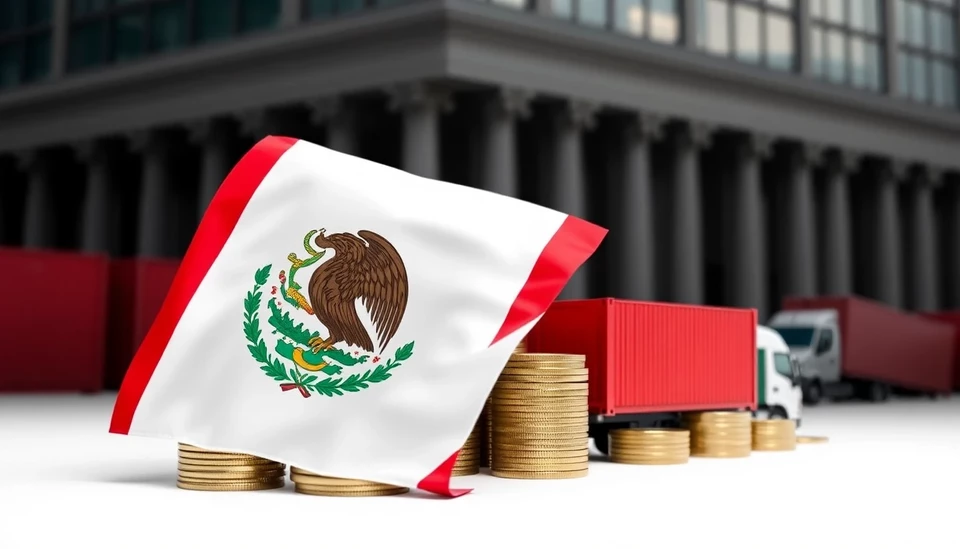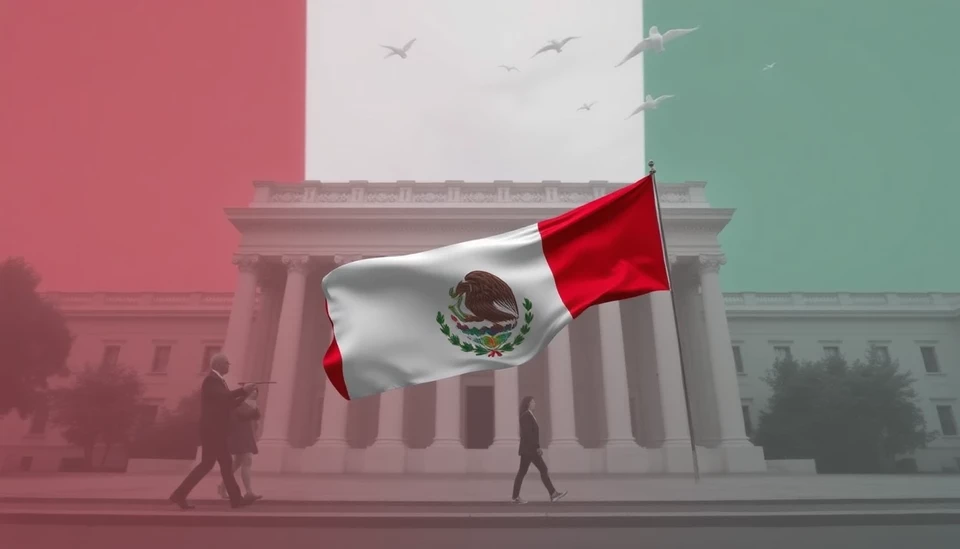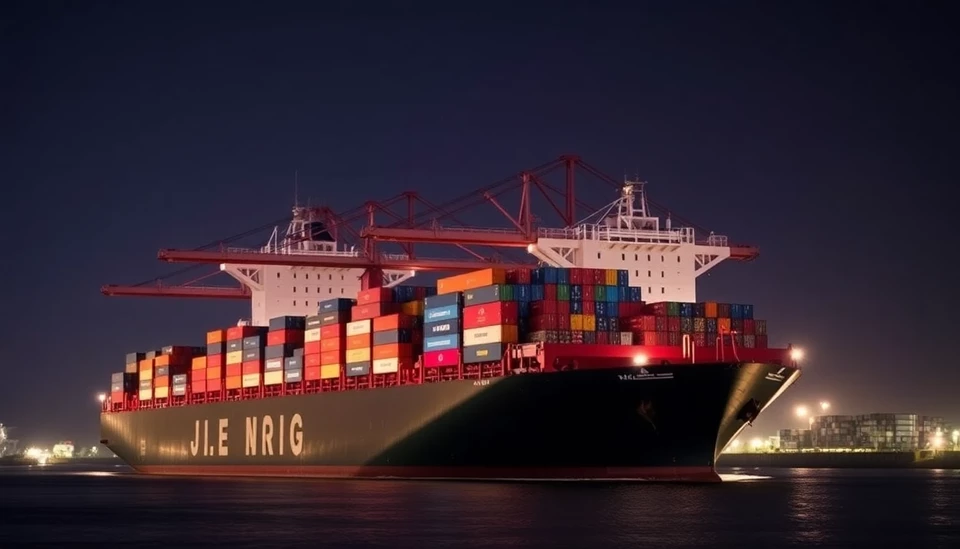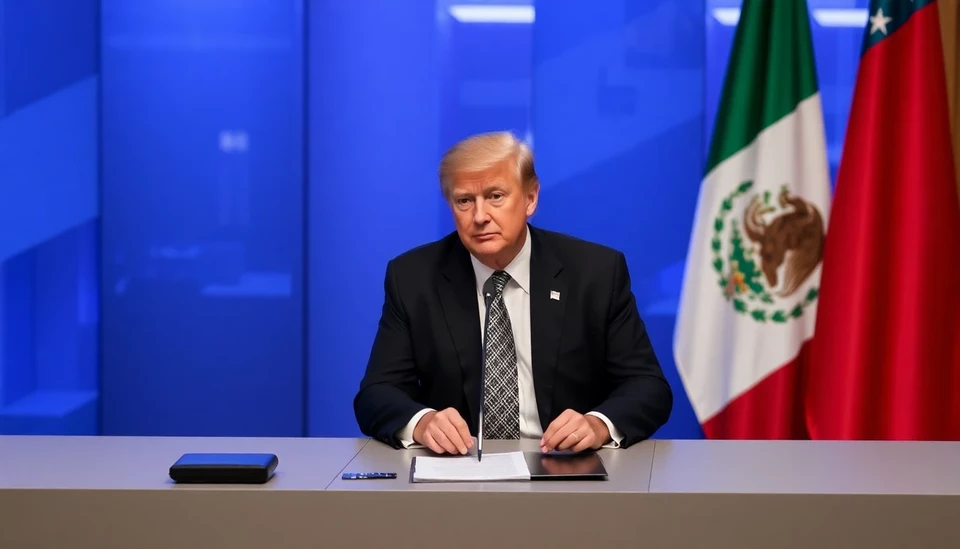
The Bank of Mexico has issued a cautionary statement regarding the possible ramifications of trade tariffs, urging that they could significantly affect the nation's economic outlook. This comes amid ongoing fluctuations in global trade policies, fueling concerns about how such tariffs could hamper not only local markets but also the broader economic landscape.
In a recent report, the central bank outlined that these trade tariffs, particularly those imposed on key import and export markets, threaten to escalate costs and create uncertainty. As tariffs drive prices up, both consumers and businesses may face increased burdens, leading to reduced consumer spending and investment. This hesitance from stakeholders could dramatically impact economic growth predictions for Mexico in the upcoming fiscal period.
The report from the central bank not only illustrates the immediate effects of higher tariffs but also highlights the long-term ramifications they may impose on trade relationships and global supply chains. The policymakers emphasized that the current geopolitical climate necessitates a careful analysis of how tariffs may hinder trade flows and production efficiencies critical to Mexico's economy.
Officials warned that should these protectionist measures remain in place, Mexico's economy may suffer under diminished competitive advantages. This poses significant challenges for manufacturing sectors, which heavily rely on the free movement of goods across borders. Industries that export to the United States—Mexico's most crucial trade partner—could be especially vulnerable to shifts in tariff policies that disrupt traditional trade patterns.
In light of these developments, economists and market analysts are urged to keep a close eye on ongoing negotiations and tariff discussions at international forums. The Bank of Mexico’s insights signal the need for proactive economic strategies that can mitigate potential negative impacts resulting from fluctuating trade barriers.
As trade disputes continue to shape the economic landscape, Mexican authorities are calling for new dialogues aimed at stabilizing trade relations. This proactive approach comes as stakeholders across various sectors seek to navigate these turbulent waters and adapt to an evolving market that may be influenced by external factors beyond their control.
In summary, as the discourse on trade tariffs evolves, the Bank of Mexico’s recommendations serve as a pivotal reminder of the interconnectedness of global economies and their susceptibility to policy alterations.
#Mexico #CentralBank #TradeTariffs #EconomicOutlook #GlobalTrade #Manufacturing #Economics
Author: Rachel Greene




